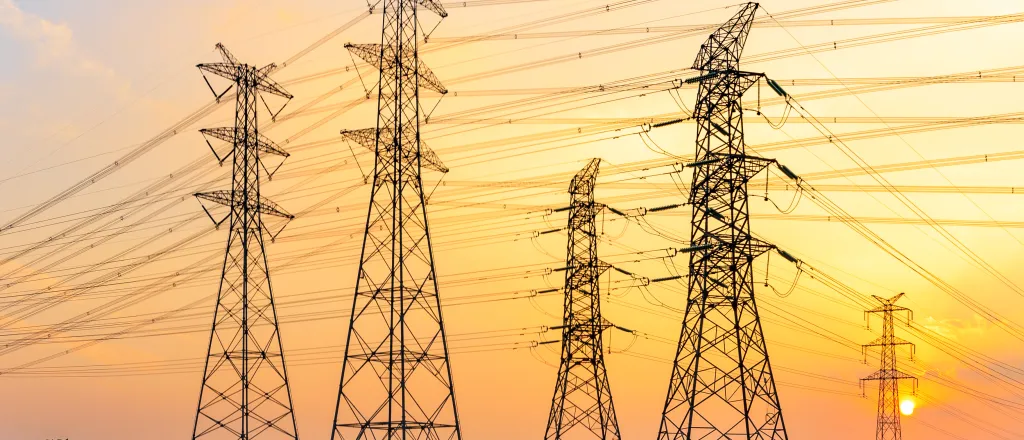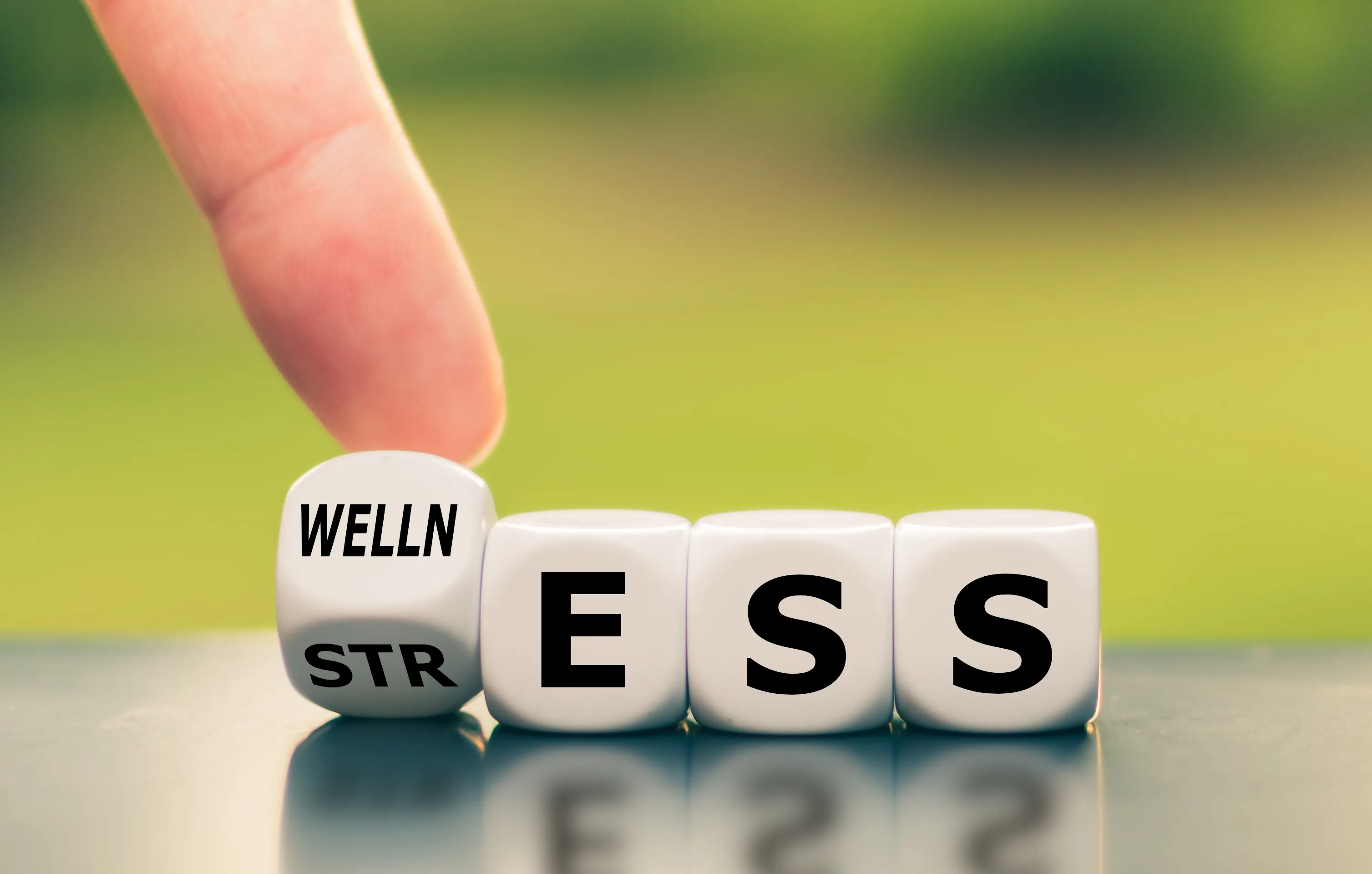
'Better Buildings Act' would mandate electrification in new Maryland construction
© iStock - zhaojiankang
Click play to listen to this article.
(Maryland News Connection) With Maryland's commitment to be carbon neutral by 2045 on the horizon, the General Assembly is taking up the issue of building codes.
During this legislative session, the Assembly will consider the Better Buildings Act - which would update the code to require new construction, and buildings undergoing significant improvements to meet energy needs without fossil fuels.
The bill would require most new residential and commercial buildings to have parking spaces able to support electric-vehicle charging, and mandates some large buildings have solar-ready roofs.

© iStock
The bill is co-sponsored in the House by state Rep. Adrian Boafo - D-Prince George's County - who said the changes are necessary to meet the state's climate goals.
"The goal is to move to net-zero emissions by 2045, and what we realized is that we're nowhere near that goal," said Boafo. "That's not just me saying it, that's the Maryland Department of the Environment as well. And so moving to an all-electric building standard, specifically for commercial and residential buildings, allows us to actually ultimately meet that goal."
If passed, the bill would require the code changes to be in force by October of 2026.
Critics of renewable energy say they are more expensive and unreliable, although recent price reductions make wind and solar actually cheaper than fossil fuels.
Boafo said code updates were included in the original draft of the 2022 Climate Solutions Now Act, but were removed to provide time for the Public Service Commission to study the state's electric capacity to determine if a move to electric heating would strain the grid.
That report was completed at the end of last year and showed the grid could handle the process of electrification.
The report additionally anticipates that with the rapid adoption of electric heating technology, demand for natural gas will fall by more than 30% by 2031.
In turn, Boafo said updating the building code to ensure electrification will save money over the long term.
"The Office of the People's Council just came out and said over time, building new gas infrastructure actually doesn't save the ratepayer money over the long term," said Boafo. "So, a bill like this will allow us to actually stop those new gas infrastructure lines and actually move towards an all-electric future."
The Legislature is in session through April 8.















